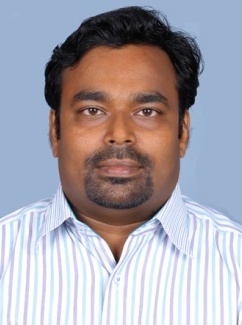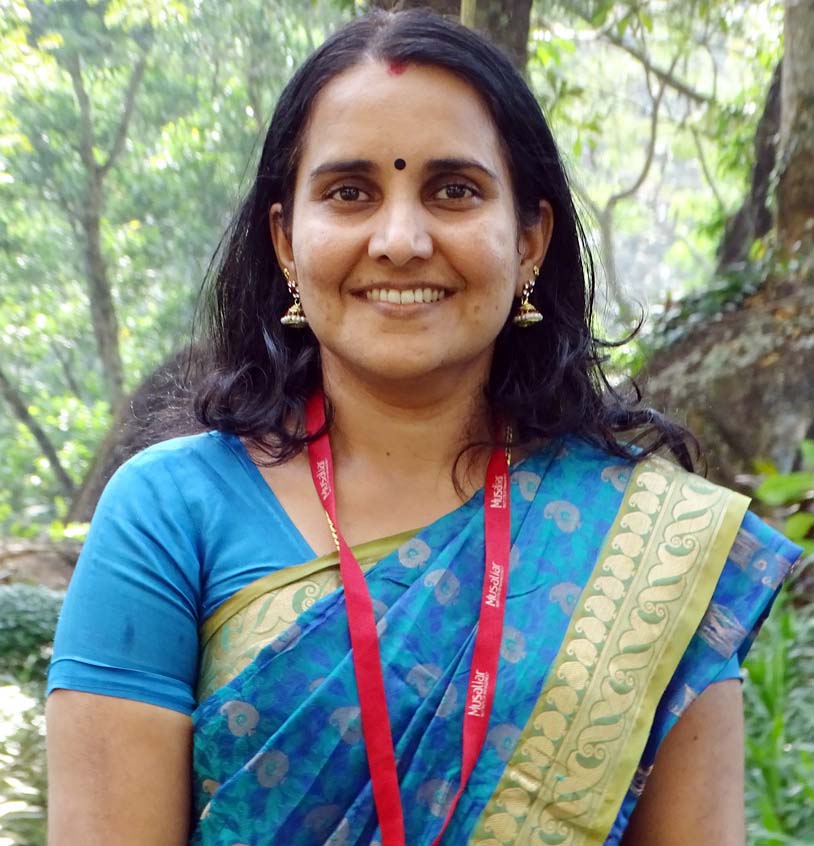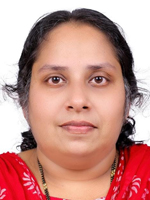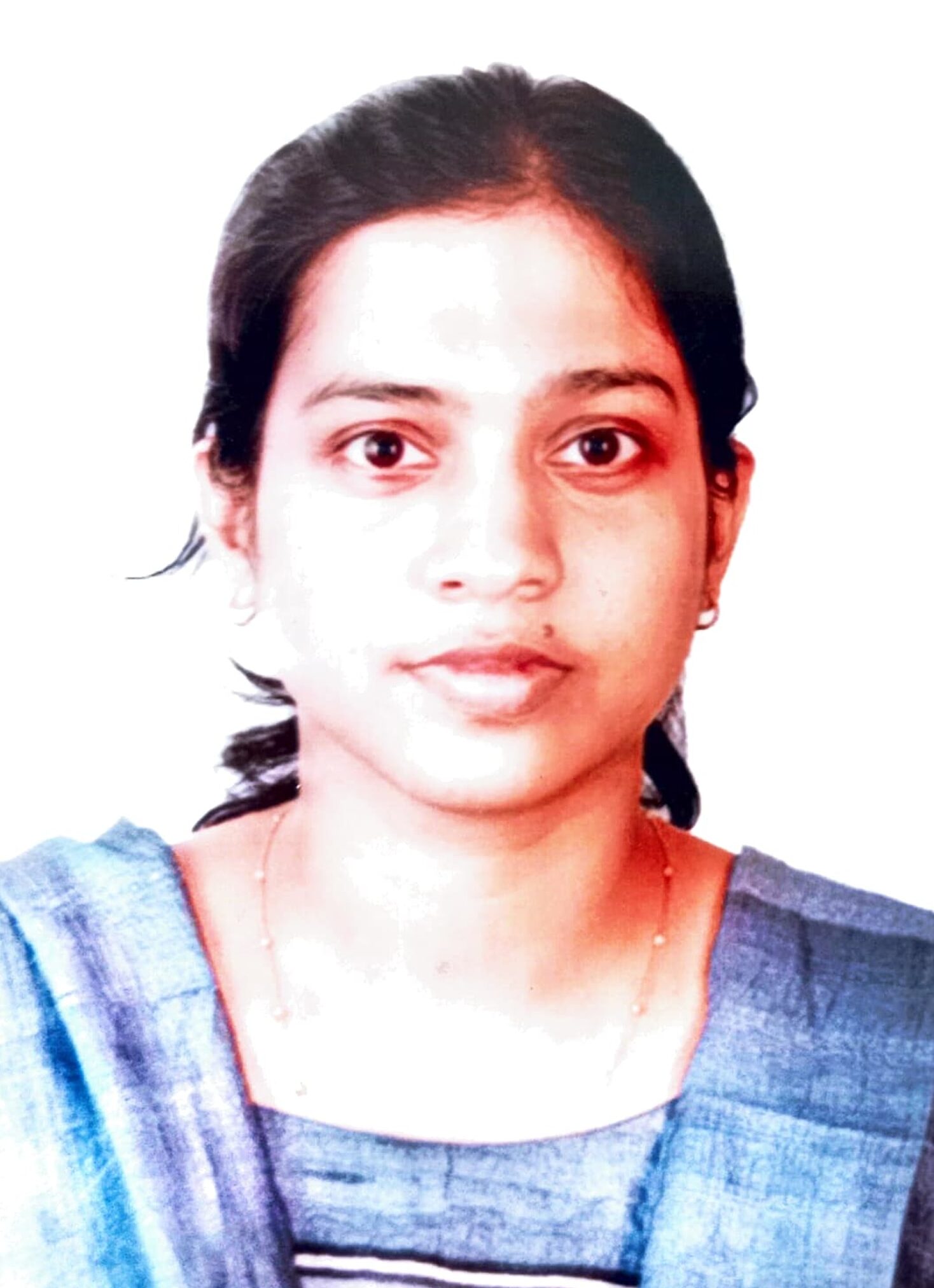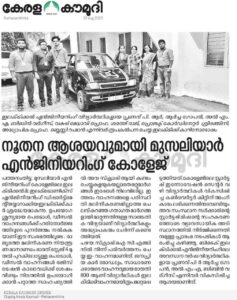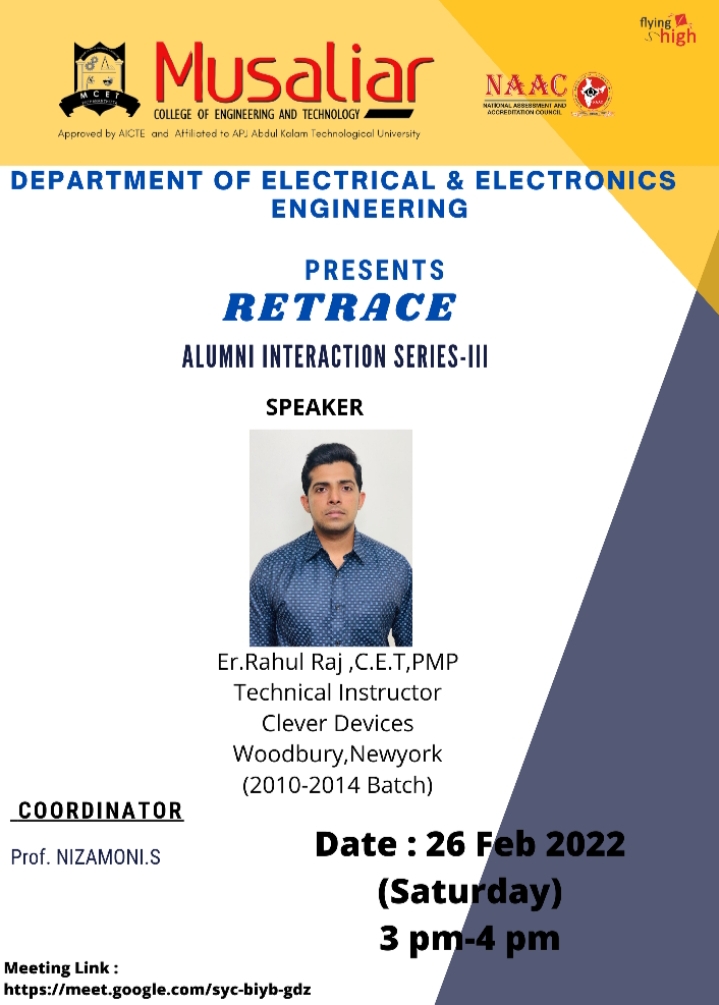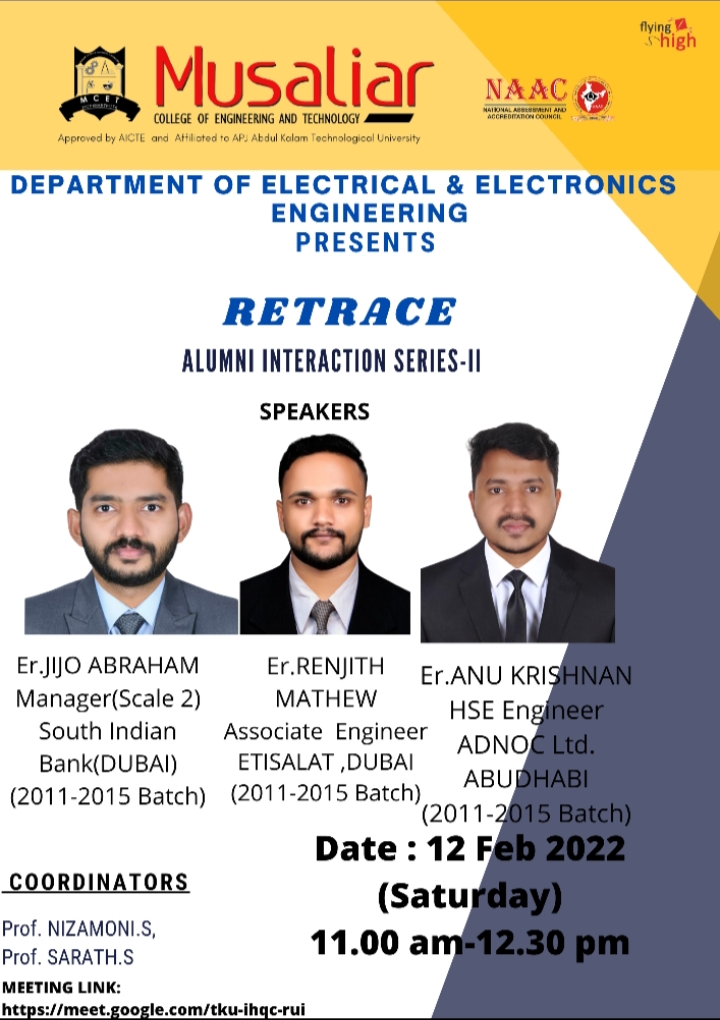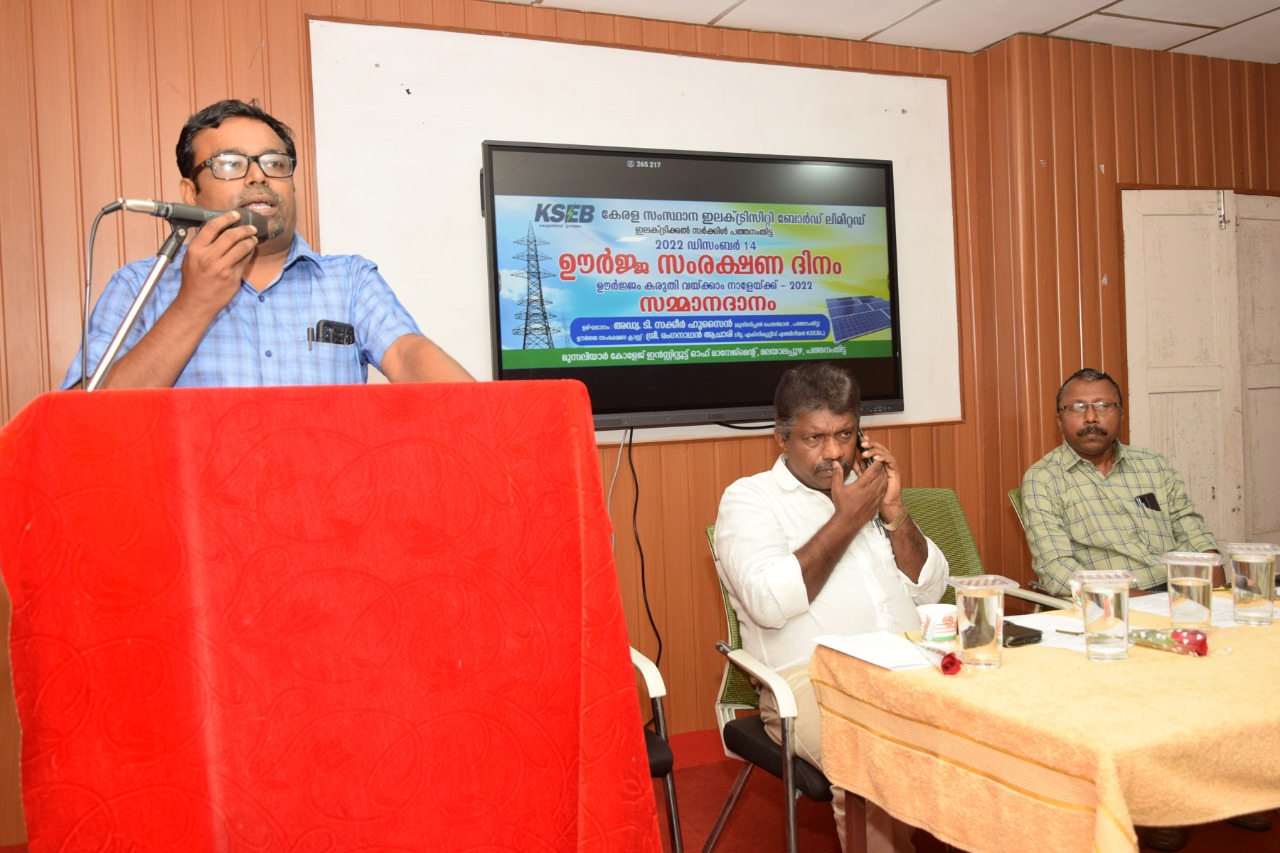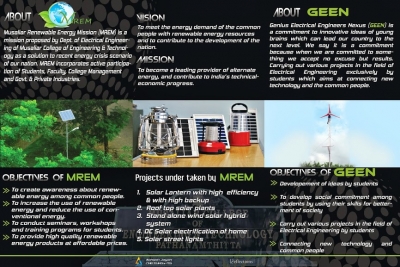VisionTo impart quality education in Electrical and Electronics Engineering, leading to globally competent engineers , contributing to society through innovation, entrepreneurship and leadership.
MissionThe mission of the department is to
- Empower the students with state-of-art knowledge to excel as eminent electrical engineers with multi-disciplinary skills.
- Emphasize social values and leadership qualities to meet the industrial needs, societal problems and global challenges.
- Enable the technocrats to accomplish impactful research and innovations
The program educational objectives (PEOs) of the BTech programme in Electrical and Electronics Engineering are as follows:
PEO 1 -To produce competent Electrical Engineering graduates with a solid foundation in engineering, design analytics and problem solving skills for flourishing professional careers in industry, academia, and public service.
PEO 2 -To fulfill the needs of society in solving technical problems using engineering principles, tools and practices, in an ethical and responsible manner
PEO 3-To provide a stimulating research environment to them so that they feel motivated for higher studies and innovations in the specific and allied domains of Electrical Engineering.
PEO 4 – To demonstrate leadership skills in the workplace and function professionally in a globally competitive world.
PROGRAM SPECIFIC OUTCOME
PSO.1 : The application of fundamental knowledge to identify, formulate and investigate various real time problems of Electrical Machines, Power Electronics, Control System, Instrumentation System, Power System and Power Electronic systems.
PSO 2: Able to provide socially acceptable technical solutions to complex electrical engineering problems with the application of modern and appropriate techniques for sustainable development.
PROGRAM OUTCOMES (PO)
Engineering Graduates will be able to:
PO1-Engineering knowledge: Apply the knowledge of mathematics, science, engineering Fundamentals and an engineering specialization to the solution of complex engineering Problems.
PO2-Problem analysis: : Identify, formulate, review research literature, and analyze complex Engineering problems reaching substantiated conclusions using first principles of mathematics, Natural sciences and engineering sciences.
PO3–Design/development of solutions: Design solutions for complex engineering problems and design system components or processes that meet the specified needs with appropriate consideration for the public health and safety, and the cultural, societal, and environmental considerations.
PO4–Conduct investigations of complex problems: Use research-based knowledge and research methods including design of experiments, analysis and interpretation of data, and synthesis of the information to provide valid conclusions
PO5–Modern tool usage: Create, select, and apply appropriate techniques, resources, and modern engineering and IT tools including prediction and modeling to complex engineering activities with an understanding of the limitations.
PO6–The Engineer and society: Apply reasoning informed by the contextual knowledge to assess societal, health, safety, legal and cultural issues and the consequent responsibilities relevant to the professional engineering practice.
PO7–Environment and sustainability: Understand the impact of the professional engineering solutions in societal and environmental contexts, and demonstrate the knowledge of, and need for sustainable development.
PO8–Ethics: Apply ethical principles and commit to professional ethics and responsibilities and norms of the engineering practice.
PO9–Individual and team work:. Function effectively as an individual, and as a member or leader in diverse teams, and in multidisciplinary settings.
PO10– Communication: Communicate effectively on complex engineering activities with the engineering community and with society at large, such as, being able to comprehend and write effective reports and design documentation, make effective presentations, and give and receive clear instructions.
PO11- Project management and finance: Demonstrate knowledge and understanding of the engineering and management principles and apply these to one’s own work, as a member and leader in a team, to manage projects and in multidisciplinary environments.
PO12- Life -long learning: Recognize the need for, and have the preparation and ability to engage in independent and life-long learning in the broadest context of technological change.
No Research Found
- Commencement of B Tech Classes :
S8: 30-01-2023
S6: 06-02-2023
S4: 06-02-2023



